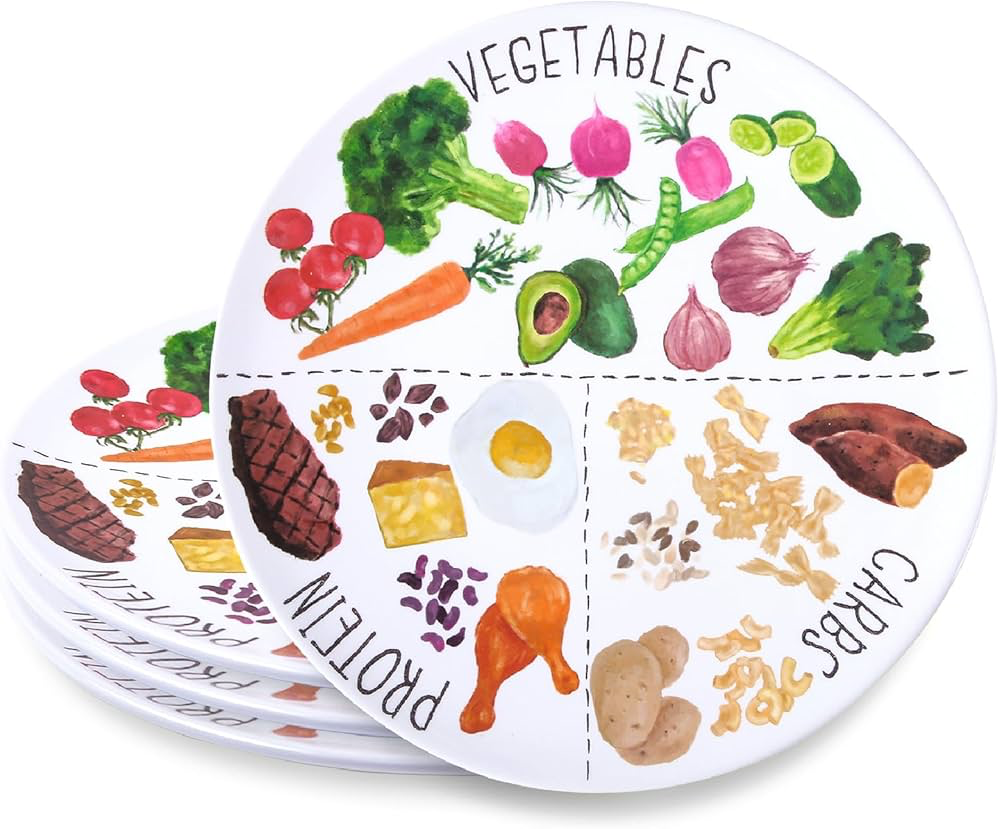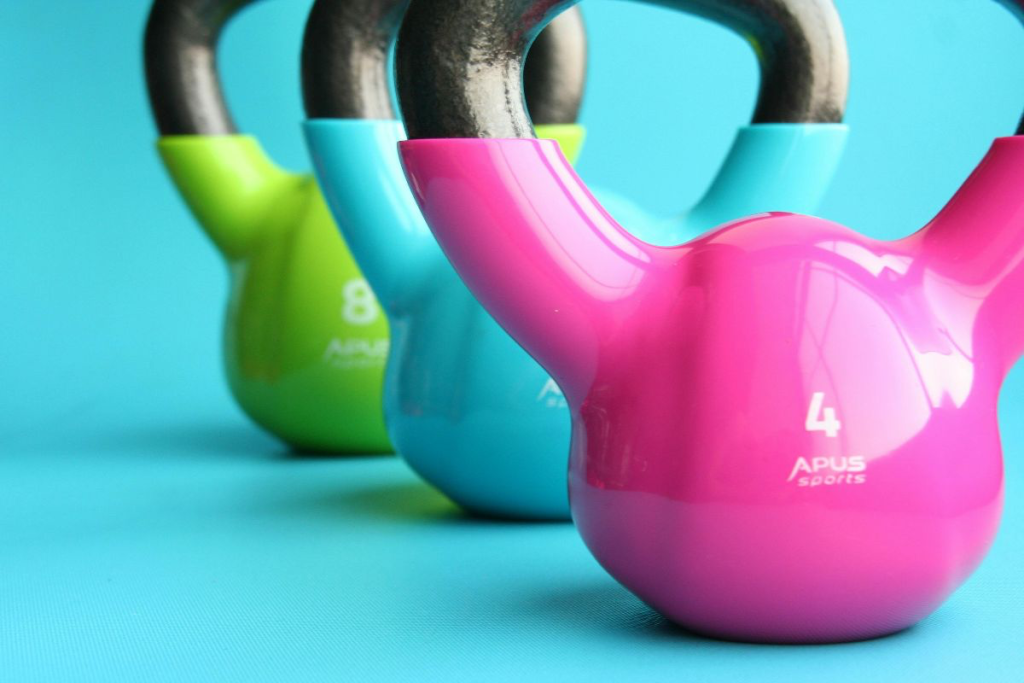Ramadan Kareem!
Ramadan is a time of reflection, discipline, and nourishment, both spiritually and physically. As some of us observe fasting, it’s important to ensure that our bodies receive the right nutrients and care to sustain energy levels throughout the day.
Here are some holistic tips to help you optimize your health during this sacred month.
The VPF Principle and Balanced Nutrition
The beauty of the VPF (Vegetables, Protein, and Fat) principle is that it applies to any situation, including Ramadan. The primary variable is carbohydrates, which should be adjusted based on individual needs.
For those struggling with blood sugar regulation, a general recommendation is to limit starchy carbs to no more than:
- 1 cup of root vegetables
- 1/2 cup of grains per day
- 1-2 whole fruits per day (or 1 cup of mixed fruits)
How you distribute these across your meals depends on what works best for you. Some people break their fast with dates and lentil soup, pray, and then have a full meal, while others opt for a lighter iftar and a small snack before bed. Understanding your unique dietary needs can help regulate blood sugar levels more effectively.

Hydration & Electrolytes: Your Best Friends This Ramadan
Staying hydrated is essential to avoid fatigue, headaches, and dehydration during fasting hours. Water alone may not be enough—electrolytes and bone broth can significantly enhance hydration levels.
Electrolytes:
- Add 1 tsp of “sole” (saturated salt water) to 750ml of filtered water.
- Try an electrolyte powder such as Humantra (flavored with real dried fruits) or LMNT (available here).
Bone Broth:
- Bone broth is rich in natural trace minerals, making it an excellent alternative to water.
- You can make your own (recipe available in the resources of UNJUNKand B Better).
- If purchasing, try certified organic but not local bones, or organic local chickens but without certification.
This approach can help you retain water, minimize nighttime urination, and feel more energized throughout the day.

Optimizing Workouts While Fasting
The best time to work out during Ramadan depends on your fitness goals and personal energy levels.
For Strength & Muscle Building:
- Train after iftar when you are fed and hydrated to maximize performance.
- Be mindful that fasting and training both increase cortisol levels, which may impact sleep quality. If sleep is an issue, opt for pre-iftar workouts.
For Fat Loss:
- Exercising before iftar may help reduce hunger post-workout, leading to better portion control and fat loss.
- However, some individuals may feel too drained. If this is the case, training after iftar might be the better option.
Carbs & Performance:
- Avoid sugar-laden drinks before and during workouts due to their high fructose content, which does not contribute to muscle fuel.
- Instead, opt for cyclic dextrin, a better alternative to stabilize blood glucose levels.

Final Thoughts
By aligning your nutrition, hydration, and workout routine with your body’s needs, you can make the most of Ramadan without compromising your health and well-being. Listen to your body, stay mindful of your choices, and most importantly, enjoy this sacred time of growth and reflection.
Wishing you a healthy and fulfilling Ramadan!
By: Sheetal Ramchandani







